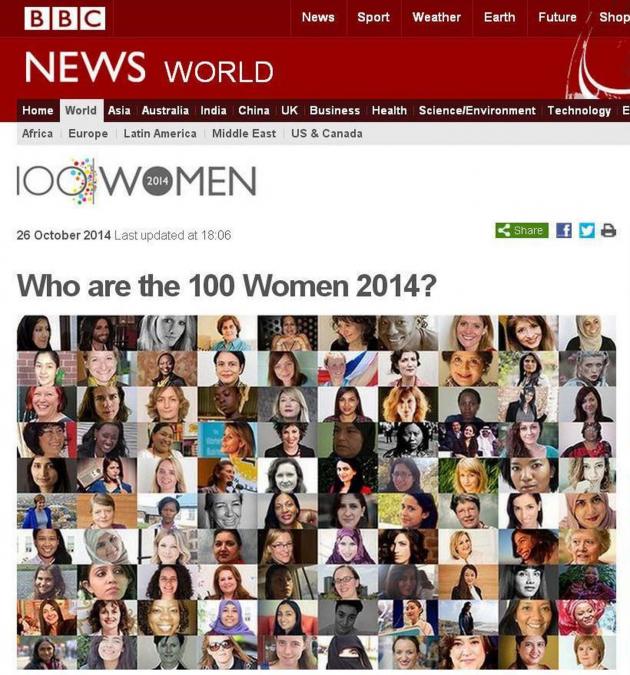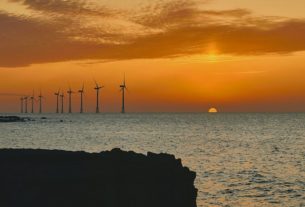THAI engineer and social entrepreneur Salinee Tavaranan, who is among the BBC’s prestigious list of 100 Women of 2014, has discovered a sustainable way for rural people to access solar-powered electricity via a hybrid business module that also creates a sense of ownership for solar panels.
The Nation’s Phathinya Iamtan did a 10-hour trip along dirt roads near the Myanmar border to Ban Nong Bua in Tak’s Tha Song Yang to meet this remarkable woman and learn that a key to alternative energy use is a lifestyle that emphasises self-reliance.
The Phuket native said she studied mechanical engineering with a specialisation in energy at Bangkok’s Chulalongkorn University because she saw that everything in life involved energy.
After graduation, Salinee, seeing solar power as an unlimited power source with the least adverse impact on the environment, flew to the US to study solar energy engineering at the University of Massachusetts’ Lowell campus. She returned to Thailand in 2005 with a master’s degree to work for Border Green Energy Team (BGET), a non-government organisation with experience in training villagers to install and maintain renewable energy systems.
BGET’s work focuses on water and solar alternative energy projects for Karen Thai villagers along the border while international organisations visit, study and sponsor the group via donations. Their main work is to maintain and repair solar panels that the government installed a decade ago for people without grid connections, and to install – upon request – solar panels for a household or a school in need.
“The solar panels are often damaged due to a lack of maintenance. Sometimes a battery runs out or a wire snaps, but people leave it like that. We then repair or install new panels for them for free.
“The problem repeats itself as villagers do not take care of the panels. Working as a NGO, everything is up to donations. When funds dry up, work is discontinued, so we feel disheartened because it is like we cannot keep our promise to villagers,” she said.
“After solar panels were in place, children were happy to have electricity to read at night, but months later when they broke, they had to read by candlelight again. It made me feel like a failure,” she said.
Learning from mistakes, Salinee started over with a new condition. The solar panels would not be free – the group would require people to pay a fee to ensure maintenance and repair for five years. This approach yielded better results, as villagers, using their own money, took better care of the equipment.
She decided to set up SunSawang as an NGO and business hybrid in 2012. The company comprised 10 staff and several rotating volunteers from various countries.
The change from a foundation to a company at first drew objections, but villagers softened to the idea when she explained the Bt7,500 annual fee covered the equipment plus regular maintenance. For the equivalent of Bt200-300 a month on candles, a home could run three lights, a water pump, a rice cooker and TV set. Those who couldn’t afford that could opt for a solar-powered lantern that has a USB slot to charge a cellphone.
Her group also promotes sustainable lives via adobe houses and making fertiliser.
Salinee, who was also among three Asia-Pacific finalists for Cartier Women’s Initiative Awards 2014, summed up a life lesson.
“If you want to succeed in something, you don’t have to always be good at it. You have to be patient with what you are trying to do and accept the consequences. If you fail, you have to admit the failure and learn from it to begin again.”



